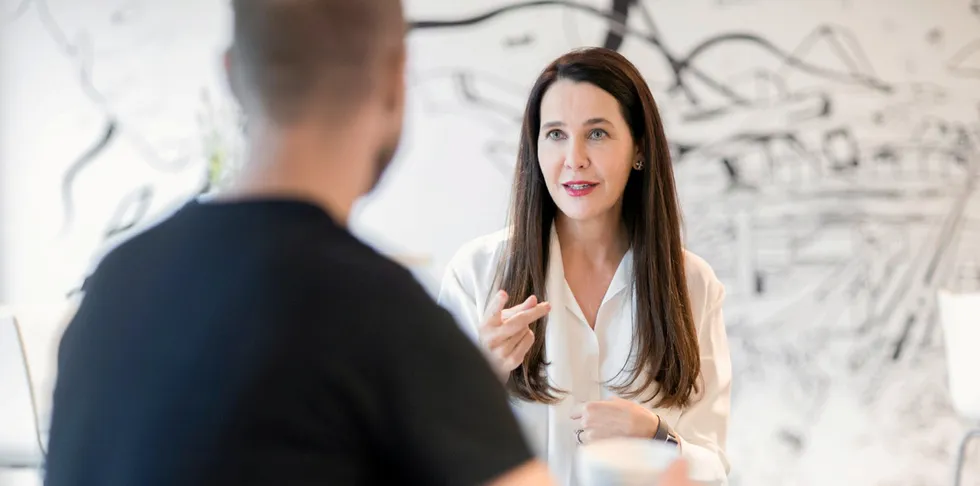'Easy decision to join super-ambitious BP': new renewables chief Dotzenrath
EXCLUSIVE | Oil supermajor's transformational agenda and global reach offers unique opportunity to help shape energy transition, says former RWE executive

EXCLUSIVE | Oil supermajor's transformational agenda and global reach offers unique opportunity to help shape energy transition, says former RWE executive
